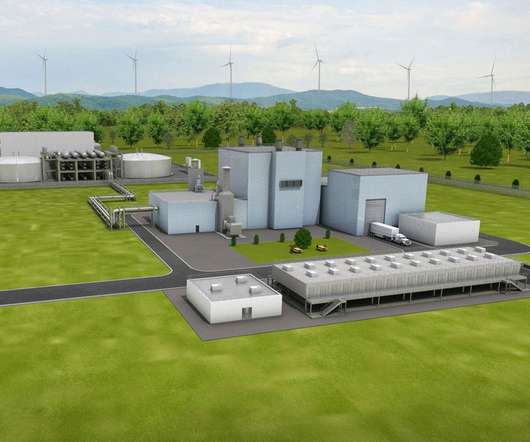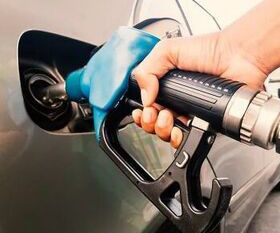Economic study questions cost-effectiveness of current biofuels and their ability to cut fossil fuel use; gas tax and energy efficiency improvements found more effective
Green Car Congress
NOVEMBER 29, 2011
A new study by economists at Oregon State University questions the cost-effectiveness of current biofuels and says they would barely reduce fossil fuel use and would likely increase greenhouse gas emissions. Likewise, a gas tax increase would be 21 times more effective than promoting cellulosic ethanol. —Bill Jaeger, lead author.



















Let's personalize your content